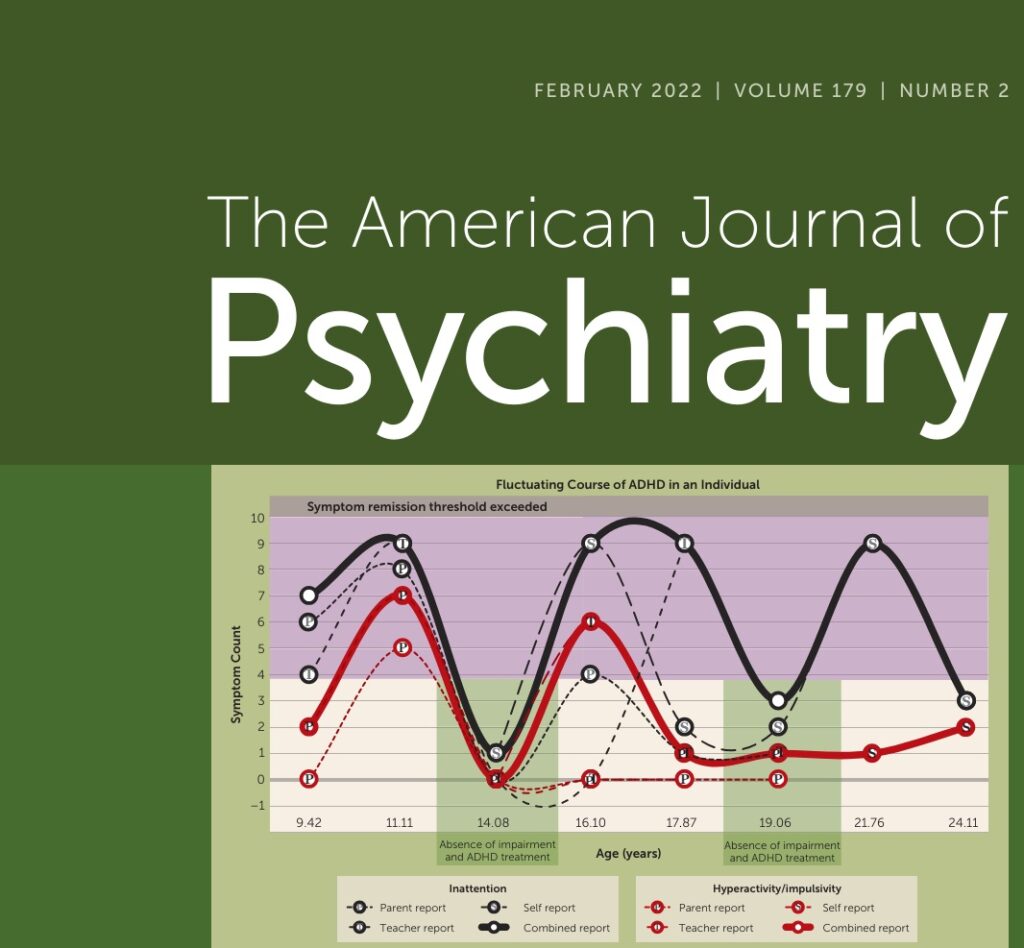Introduction
Alcohol abuse poses a significant challenge globally, impacting millions of lives with its detrimental effects on physical health, mental well-being, and social relationships. While traditional approaches to alcohol addiction treatment have shown efficacy, emerging therapies offer promising alternatives for individuals struggling with this pervasive issue. Among these innovative treatments is ketamine infusion therapy, gaining recognition for its potential in addressing alcohol abuse and its underlying psychological complexities. In this blog, we delve into the intersection of ketamine infusion therapy and alcohol abuse treatment, exploring its mechanisms, potential benefits, and implications for individuals seeking sustainable recovery.
Recent Research
In Feb 2022, University College London and Imperial College London published their research paper in American Journal of Psychiatry. Their study demonstrated that treatment with three infusions of ketamine was well tolerated in patients with alcohol use disorder and was associated with more days of abstinence from alcohol at 6-month follow-up. The findings suggest a possible beneficial effect of adding psychological therapy alongside ketamine treatment. Read more…

Understanding Ketamine Infusion Therapy
Ketamine, initially developed as an anesthetic, has garnered attention in recent years for its therapeutic properties beyond its traditional medical applications. Ketamine infusion therapy involves administering controlled doses of ketamine intravenously under medical supervision. While its precise mechanisms are still under study, ketamine is known to modulate various neurotransmitter systems in the brain, including glutamate, which plays a crucial role in addiction and reward pathways.
The Potential of Ketamine in Alcohol Abuse Treatment
Research suggests that ketamine infusion therapy may hold promise in addressing alcohol abuse and dependence through several mechanisms:
1. Disruption of Craving and Withdrawal: Ketamine’s ability to modulate glutamate transmission may help disrupt the craving and withdrawal cycle associated with alcohol dependence, potentially reducing the likelihood of relapse.
2. Enhanced Psychological Resilience: Ketamine’s rapid-acting antidepressant effects have been observed in various studies, offering relief from co-occurring mood disorders such as depression and anxiety, which frequently accompany alcohol abuse.
3. Facilitation of Neuroplasticity: Ketamine’s impact on synaptic plasticity and neurogenesis may promote adaptive changes in brain circuitry, facilitating learning and memory processes essential for behavioral change and long-term recovery.
4. Alleviation of Trauma-related Symptoms: Ketamine-assisted psychotherapy, combining ketamine infusion with psychotherapeutic interventions, has shown promise in addressing trauma-related symptoms often underlying alcohol abuse and co-occurring mental health disorders.
Navigating the Treatment Journey
Before considering ketamine infusion therapy for alcohol abuse treatment, individuals should undergo a comprehensive evaluation by qualified healthcare professionals to assess their suitability for the treatment. A multidisciplinary approach, integrating medical management, psychotherapy, and supportive care, is essential to address the complex interplay of factors contributing to alcohol addiction.
It’s crucial to recognize that ketamine infusion therapy is not a standalone solution but rather a component of a comprehensive treatment plan. Individuals undergoing ketamine infusion should receive ongoing monitoring and support to optimize safety and efficacy throughout the treatment process.
Conclusion
Ketamine infusion therapy represents a novel approach in the landscape of alcohol abuse treatment, offering new avenues for individuals seeking relief from the burdens of addiction. While further research is needed to elucidate its long-term efficacy and safety, ketamine infusion holds promise as a valuable adjunctive therapy in comprehensive treatment programs for alcohol dependence. By harnessing the therapeutic potential of ketamine within a holistic framework of care, we can pave the way for enhanced outcomes and improved quality of life for individuals grappling with alcohol addiction.
